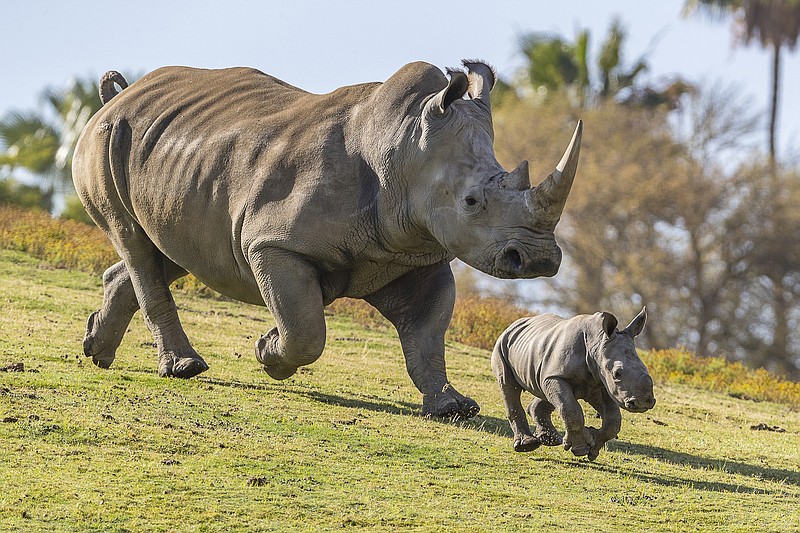Why Whistleblower Provisions and Detection of Customs Fraud Could Effectively Combat Wildlife Trafficking

Photo credit: San Diego Zoo Safari Park
Two recent settlements under the False Claims Act (“FCA”) – which imposes liability on those that defraud the federal government – demonstrate how falsified customs documents and whistleblower provisions can intersect to effectively combat wildlife trafficking.
In October 2017, the United States settled with Pennsylvania-based clothing wholesaler Notations, Inc. for its part in a scheme to avoid paying customs duties, agreeing to pay $1 million in damages. In the settlement, Notations admitted to and accepted responsibility for its failure to take action in response to warning signs that its business partner – which imports clothing from China – was submitting false invoices to U.S. Customs by listing discounted prices for imported products, thus reducing the corresponding amount of import duties owed, in contravention of the FCA. Warning signs included the fact that its partner’s commercial invoices lacked basic information such as the name and address of the invoice recipient, and Notations’ failure to verify that its partner’s import procedures conformed with applicable law and whether documents filed with customs officials were truthful and accurate.
In January 2018, Virginia-based home furnishings company Bassett Mirror agreed to pay the United States $10.5 million to settle claims that it knowingly misclassified its wooden bedroom furniture imported from China. Customs officials collect antidumping duties to protect against foreign companies selling products on the U.S. market at prices below cost, including on imports of wooden bedroom furniture, but not on non-bedroom furniture. Because Bassett Mirror misclassified its products as non-bedroom furniture on official customs documents, it avoided antidumping duties it was required to pay, violating the FCA.
Both lawsuits against these companies were initiated by whistleblowers, who filed actions against the companies under the FCA’s qui tam provisions, which allow private individuals to bring claims on behalf of the United States and receive an award of between 15-30% of the government’s total recovery. As part of Bassett Mirror’s settlement, the whistleblower in that case will receive an approximate $1.9 million award.
Whistleblowers are essential to detecting and preventing fraud against the government, as those who defraud the government often hide their misconduct from public view. Laws like the FCA incentivize whistleblowers to come forward. Likewise, whistleblowers and customs officials play a critical role in detecting and preventing wildlife trafficking. Increased utilization of the FCA and other whistleblower provisions in wildlife-specific laws, such as the Lacey Act, could have a profound impact on wildlife crime.
As importers of wildlife products are subject to the same requirements as Notations and Bassett Mirror, training of customs officials to recognize trafficking schemes, such as falsely labeled products, and promotion of whistleblower rights are imperative in combatting wildlife trafficking. These settlements show that whistleblowers play an important role in the discovery of customs fraud: The next logical step is to apply the same whistleblower provisions and customs laws to increase detection of wildlife crime.
- DOJ Press Release – Bassett Mirror
- DOJ Press Release – Notations
- Wholesaler to Pay $1 Million in Settlement Under the False Claims Act for Scheme to Avoid Paying Customs Duties
- False Claims Act / Qui Tam
- Get a Reward! End Wildlife Trafficking
- The Global Wildlife Whistleblower Program
- Stephen Kohn, Wildlife Whistleblowers, Envtl. Law Rptr. (2016)
Latest News & Insights
February 16, 2026
January 27, 2026




